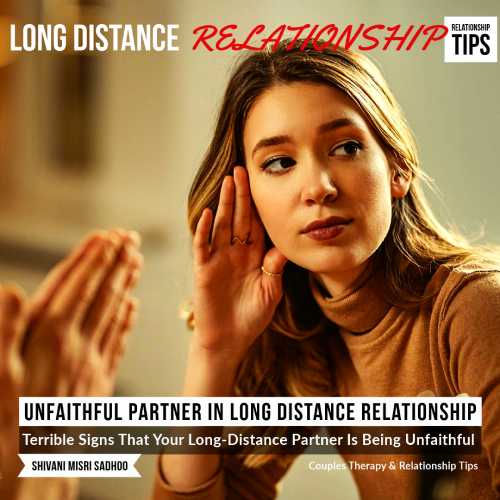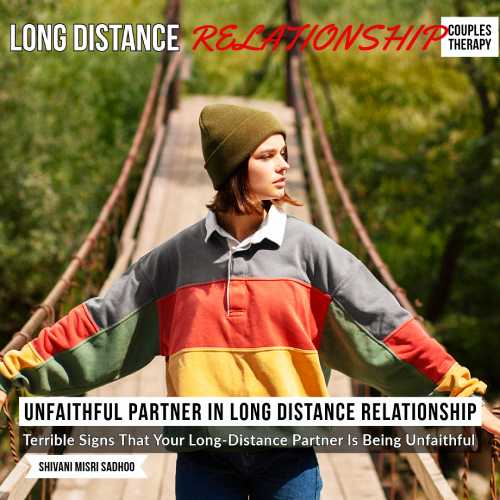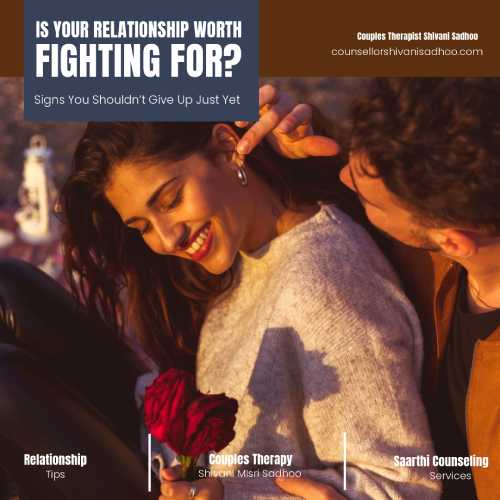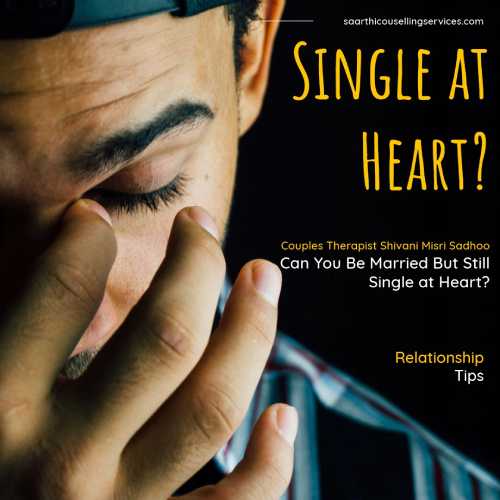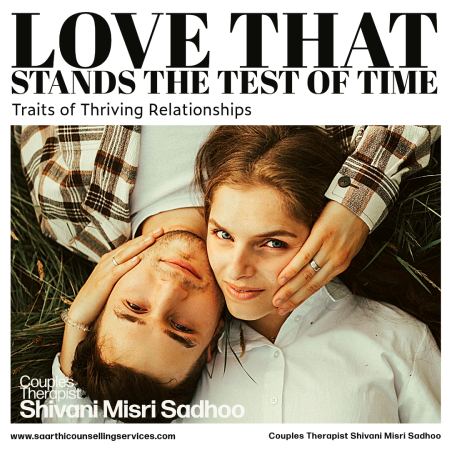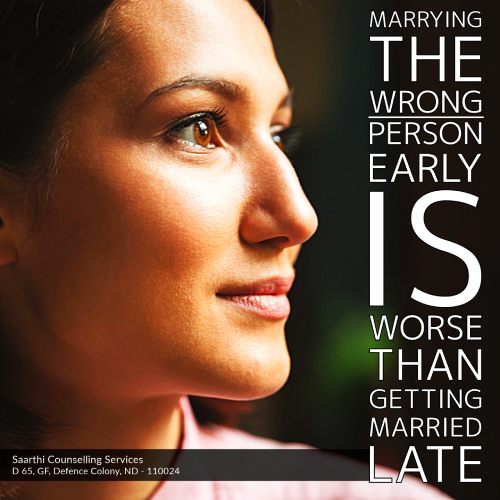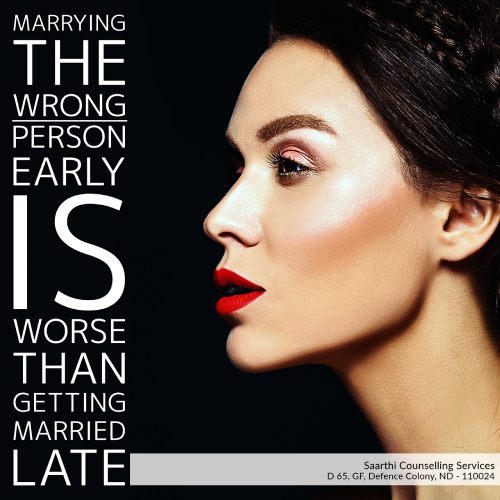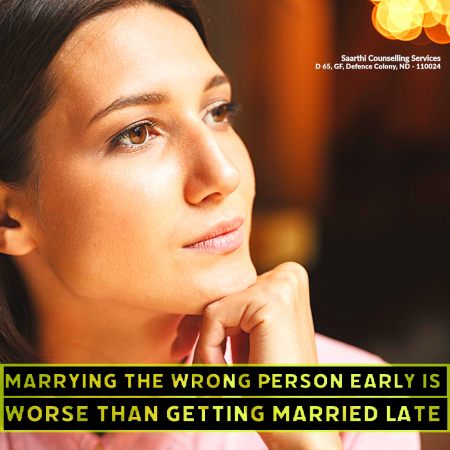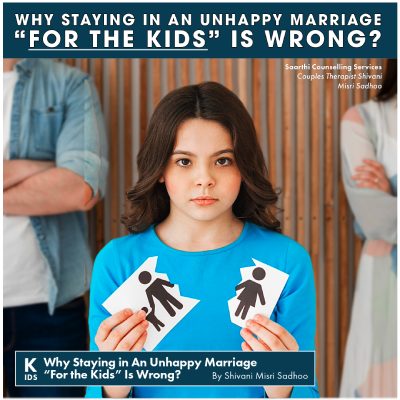Love is one of the most powerful emotions a person can experience, and it often manifests through subtle yet significant behaviors. When a woman is truly in love, her actions will reflect her deep affection and commitment toward her partner. Understanding these behaviors can provide insights into how she feels and her intentions in the relationship.
What are the signs usually shown by a woman that suggests she truly is in love with you?
Here are five behaviors that a woman usually displays when she is genuinely in love, says Delhi’s top marriage and family therapist Shivani Misri Sadhoo in this blog.

She Prioritizes Your Well-Being
One of the most common signs that a woman is truly in love is her concern for your well-being. She will often go out of her way to ensure that you are happy, healthy, and emotionally secure. Whether it’s reminding you to eat well, helping you through tough times, or simply lending an ear when you need to talk, she will be actively involved in your life. This level of care isn’t just about being attentive; it’s about wanting the best for you in every aspect of your life.
In love, she may make sacrifices to make your life easier or better. This doesn’t mean she’ll lose herself in the process, but her genuine care and effort to make you comfortable is a significant indicator of her feelings.
She Is Fully Present
In today’s fast-paced world, being truly present with someone is one of the most powerful ways to show love. A woman who is in love will give you her undivided attention when you’re together. Whether you’re having deep conversations or simply spending quiet moments in each other’s company, she will make you feel like you are the most important person in the room.
Her body language will also reflect this presence. She’ll maintain eye contact, lean in when you speak, and engage fully in the conversation. This genuine focus on you is her way of showing that she values your relationship and cherishes the time you spend together.
She Shows Unconditional Support
When a woman is truly in love, she becomes your biggest supporter. She will encourage your dreams and ambitions, even when they seem far-fetched. Her love translates into believing in you, sometimes even more than you believe in yourself. She will offer advice when you need it but will also give you the space to pursue your passions and make your own choices.
This support can also manifest during challenging times. Whether you’re dealing with work stress, family issues, or personal challenges, she’ll stand by your side. Her ability to be there for you through thick and thin is a strong indication of her love and commitment.
She Includes You in Her Future Plans
A woman in love will naturally begin to include you in her long-term plans. Whether it’s discussing future vacations, career goals, or even family planning, her thoughts of the future will often involve you. She will be eager to share her dreams and hopes for the future with you, and she’ll want to hear yours too.
This is a clear indication that she sees you as part of her life moving forward. The desire to build a future together shows that her love for you goes beyond the present moment and extends into the years ahead.
She Is Vulnerable and Trusts You
True love involves vulnerability and trust. When a woman is truly in love, she will open up to you about her deepest thoughts, fears, and insecurities. This openness isn’t a sign of weakness but rather a sign of trust. She feels safe enough with you to share her true self, knowing that you will accept her as she is.
Being vulnerable also means that she trusts you with her emotions. She’ll be honest about how she feels and won’t shy away from expressing her affection. This emotional transparency is a strong sign of her love because it shows that she’s willing to invest in the relationship on a deep, emotional level.
When a woman is truly in love, her actions will speak louder than words. From prioritizing your well-being to including you in her future plans, these behaviors reflect the depth of her feelings. If you notice these signs in your partner, it’s a good indication that her love for you is genuine and lasting. The key to maintaining such a relationship is mutual respect, communication, and reciprocation of these loving behaviors.





